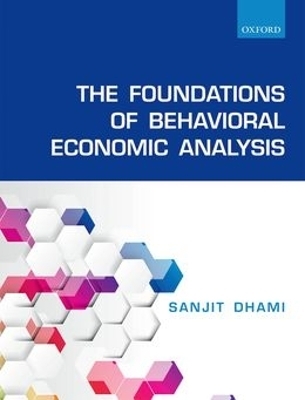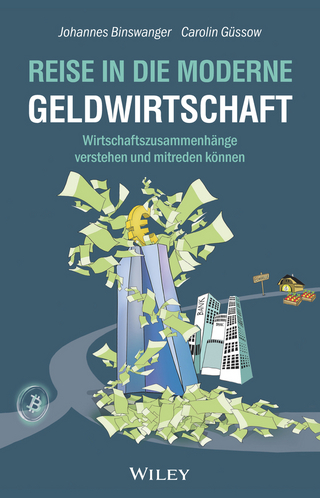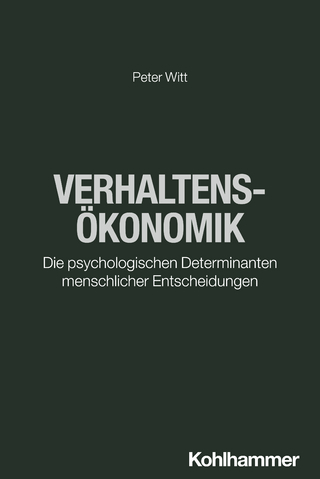
The Foundations of Behavioral Economic Analysis
Oxford University Press (Verlag)
978-0-19-871553-5 (ISBN)
Part I is on behavioral economics of risk, uncertainty, and ambiguity. The evidence against expected utility theory is examined, and the behavioral response is outlined; the best empirically supported theory is prospect theory.
Part II considers other-regarding preferences. The evidence from experimental games on human sociality is given, followed by models and applications of inequity aversion, intentions based reciprocity, conditional cooperation, human virtues, and social identity.
Part III is on time discounting. It considers the evidence against the exponential discounted utility model and describes several behavioral models such as hyperbolic discounting, attribute based models and the reference time theory.
Part IV describes the evidence on classical game theory and considers several models of behavioral game theory, including level-k and cognitive hierarchy models, quantal response equilibrium, and psychological game theory.
Part V considers behavioral models of learning that include evolutionary game theory, classical models of learning, experience weighted attraction model, learning direction theory, and stochastic social dynamics.
Part VI studies the role of emotions; among other topics it considers projection bias, temptation preferences, happiness economics, and interaction between emotions and cognition.
Part VII considers bounded rationality. The three main topics considered are judgment heuristics and biases, mental accounting, and behavioral finance.
Part VIII considers behavioral welfare economics; the main topics are soft paternalism, and choice-based measures of welfare. Finally, Part IX gives an abbreviated taster course in neuroeconomics.
Sanjit Dhami is Professor of Economics at the University of Leicester. He studied at the Delhi School of Economics and the University of Toronto for his Masters, MPhil, and PhD degrees in economics. He has previously taught at the Universities of Toronto, Essex, and Newcastle. His research has mainly focused on behavioral economic theory and its applications. He has published on the axiomatic foundations of the various components of prospect theory, behavioral political economy using other-regarding preferences, behavioral time preferences, foundations of behavioral game theory, and applications in tax evasion, stochastic dominance concepts under other-regarding preferences, and in behavioral law and economics.
PART I: BEHAVIORAL ECONOMICS OF RISK, UNCERTAINTY, AND AMBIGUITY;
PART II: OTHER-REGARDING PREFERENCES;
PART III: BEHAVIORAL TIME DISCOUNTING;
PART IV: BEHAVIORAL GAME THEORY;
PART V: BEHAVIORAL MODELS OF LEARNING;
PART VI: EMOTIONS;
PART VII: BOUNDED RATIONALITY;
PART VIII: BEHAVIORAL WELFARE ECONOMICS; EXERCISES;
PART IX: NEUROECONOMICS;
APPENDIX ON GAME THEORY
| Erscheinungsdatum | 05.11.2016 |
|---|---|
| Zusatzinfo | Numerous Figures and Tables |
| Verlagsort | Oxford |
| Sprache | englisch |
| Maße | 189 x 246 mm |
| Gewicht | 2936 g |
| Themenwelt | Wirtschaft ► Allgemeines / Lexika |
| Wirtschaft ► Volkswirtschaftslehre ► Mikroökonomie | |
| Wirtschaft ► Volkswirtschaftslehre ► Ökonometrie | |
| ISBN-10 | 0-19-871553-6 / 0198715536 |
| ISBN-13 | 978-0-19-871553-5 / 9780198715535 |
| Zustand | Neuware |
| Haben Sie eine Frage zum Produkt? |
aus dem Bereich


